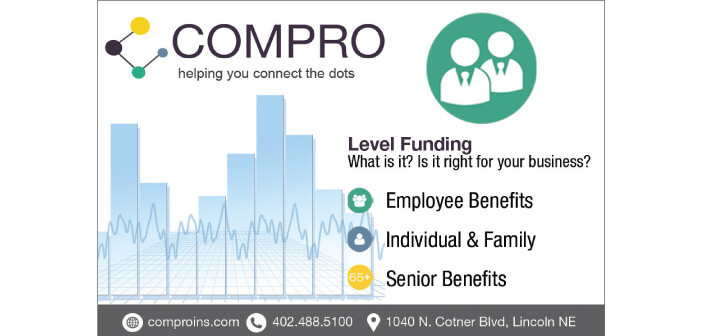What is Level Funding? Is it Right for Your Business?
Level Funding is creating major buzz in the small group health insurance world. You may have even heard claims that these plans allow you to cut your health insurance premiums in half. While this may be possible, it’s important to be well informed about how level-funded plans work. They are not a good fit for every employer.
Level Funding brings the advantages of self-funding to small employers with the added benefit of stable monthly costs. This allows small employers to have access to the financial rewards of self-insuring with protection from catastrophic claims. Level Funding is ideal for companies with a healthy and engaged workforce.
With Level Funding, the employer pays a fixed monthly amount to cover administrative fees and to fund the claims. The insurance company uses the money as needed to pay claims. If there is a balance remaining in the claims fund at the end of the year, many insurance companies will refund a portion to the employer.
The application process for Level Funding looks a lot like health insurance before the Affordable Care Act. Employees must complete an application with their medical history. The underwriter will evaluate the medical risk in the group and determine whether to offer coverage using standard or adjusted rates based upon their findings. They can decline the case if the risk is too high. Initial rates may look very appealing, but one or two high-cost medical conditions or prescriptions can cause the premiums to be rated up significantly.
Some carriers offer Level Funding for groups with two full-time employees and others require a minimum of five employees. The more employees enrolled, the greater the pool to spread risk. While Level Funding may be an option for a very small company, the plan has a higher likelihood of rate up or decline at initial enrollment and renewal.
- With the recent popularity of level-funded plans, several carriers have entered the market. Do your research to make sure the company is stable and well regarded.
- Many plans use a different network. Make sure your doctor participates.
- Renewal increases for level-funded plans can vary widely. Ask your agent what their experience has been.
- If you have a medical condition, do your due diligence ahead of time to make sure you understand how it will be covered and any limitations.
- Check medications against their Prescription Formulary list.
If you determine that Level Funding is not a good fit for your company, there are still traditional health insurance options available. These plans are guaranteed to be issued without regard to medical conditions and do not require medical underwriting.


